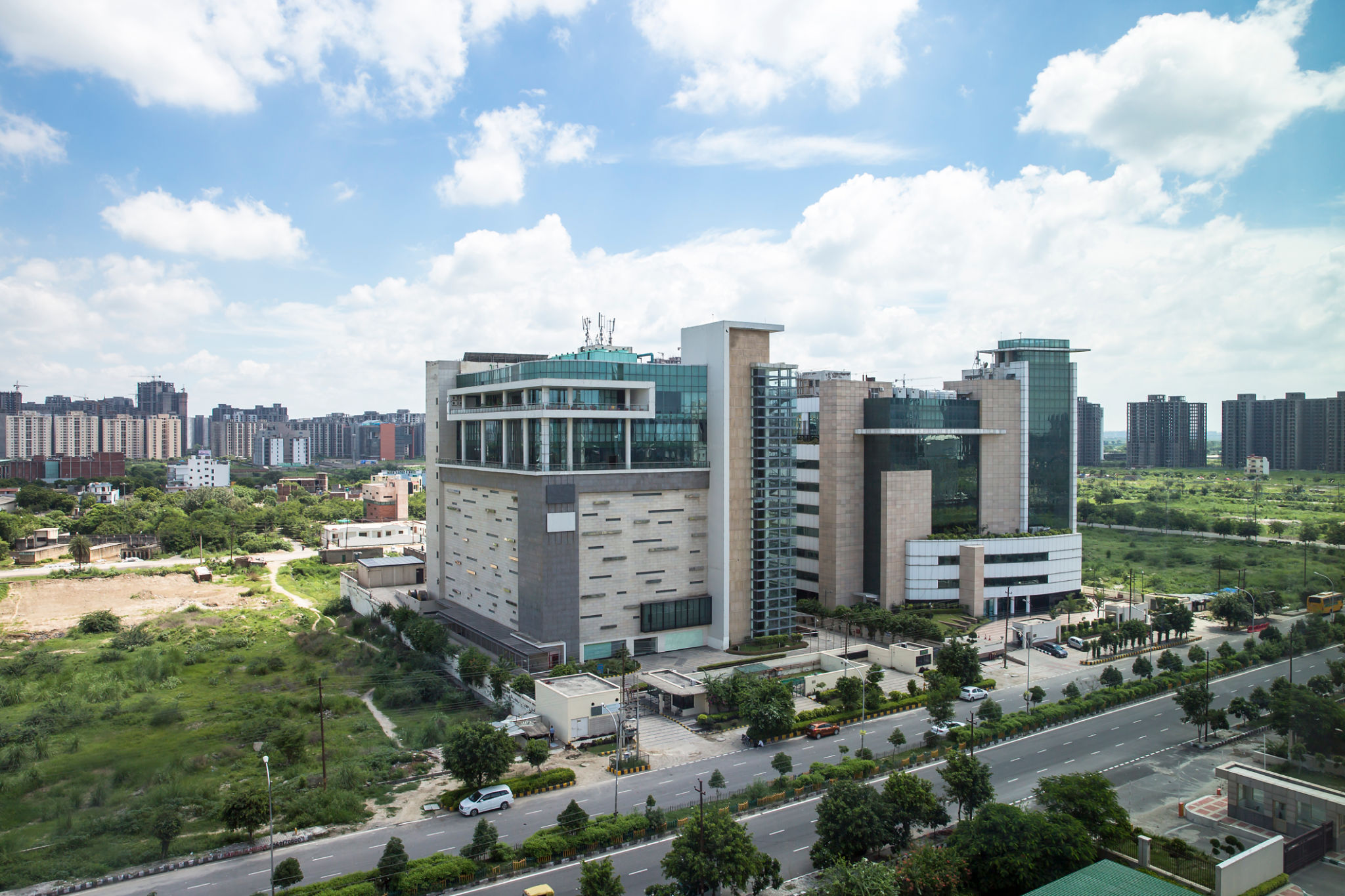The Impact of Seasonal Changes on Healthcare Management in Noida
SK
Understanding Seasonal Changes in Noida
Noida, a bustling city in India, experiences distinct seasonal changes that significantly impact various sectors, especially healthcare management. The transition from the scorching heat of summer to the chills of winter and the monsoon rains in between requires adaptable strategies to ensure effective healthcare delivery. Understanding these seasonal dynamics is crucial for healthcare providers to maintain high-quality service.

Challenges During the Summer Months
Summer in Noida is characterized by extremely high temperatures, often exceeding 40°C (104°F). This intense heat can exacerbate health issues such as dehydration, heat strokes, and exacerbate chronic conditions like asthma. Healthcare facilities must be prepared to handle an increase in patients suffering from heat-related ailments. Implementing cooling systems and ensuring adequate hydration facilities in hospitals become essential during this period.
Moreover, power shortages during summer can hinder healthcare delivery. Hospitals need to ensure they have backup power solutions to maintain critical operations. Additionally, public health campaigns focusing on preventive measures can help mitigate the effects of extreme heat on vulnerable populations.
Monsoon and Its Health Implications
The arrival of the monsoon brings relief from the heat but also introduces challenges like waterborne diseases, which are prevalent during this season. Conditions such as dengue, malaria, and cholera see a rise due to stagnant water and poor drainage systems. Healthcare management must focus on preventive care and community education to combat these diseases effectively.

Healthcare facilities need to ensure an adequate supply of medications and vaccines to tackle seasonal outbreaks. Coordination with local authorities for effective waste management and sanitation can significantly reduce the health risks associated with monsoons.
Winter's Unique Healthcare Demands
Winter in Noida brings its own set of challenges. The drop in temperature increases the incidence of respiratory illnesses such as colds, flu, and bronchitis. Elderly populations are particularly vulnerable, necessitating targeted healthcare strategies to address their needs. Hospitals should be equipped with heating solutions and proper ventilation to provide comfort to patients.
Additionally, winter often sees an increase in cardiovascular issues. Monitoring high-risk patients and providing timely interventions are critical aspects of healthcare management during this season.

The Role of Technology in Seasonal Healthcare Management
Technology plays a pivotal role in adapting healthcare services to seasonal changes. Telemedicine platforms can help manage patient consultations without the need for physical visits, reducing the strain on healthcare facilities during peak times. Moreover, data analytics can predict disease outbreaks based on seasonal patterns, allowing for proactive measures.
Implementing electronic health records ensures that patient information is easily accessible across different seasons, improving the continuity of care. Mobile health apps can also disseminate vital information about preventive measures directly to the population.
Community Engagement and Awareness
Community engagement is vital for effective healthcare management throughout the year. Public awareness campaigns about preventive health measures can minimize the impact of seasonal diseases. Collaborating with local organizations and schools can amplify these efforts, ensuring that even remote communities receive necessary information.
Furthermore, training healthcare professionals to deal with seasonal variations in disease patterns enhances their ability to respond quickly and efficiently to emerging health challenges.
Conclusion
The impact of seasonal changes on healthcare management in Noida underscores the importance of adaptability and preparedness. By leveraging technology, ensuring adequate resources, and fostering community awareness, healthcare providers can navigate these seasonal challenges effectively. Ultimately, a proactive approach can lead to improved health outcomes and a more resilient healthcare system in Noida.